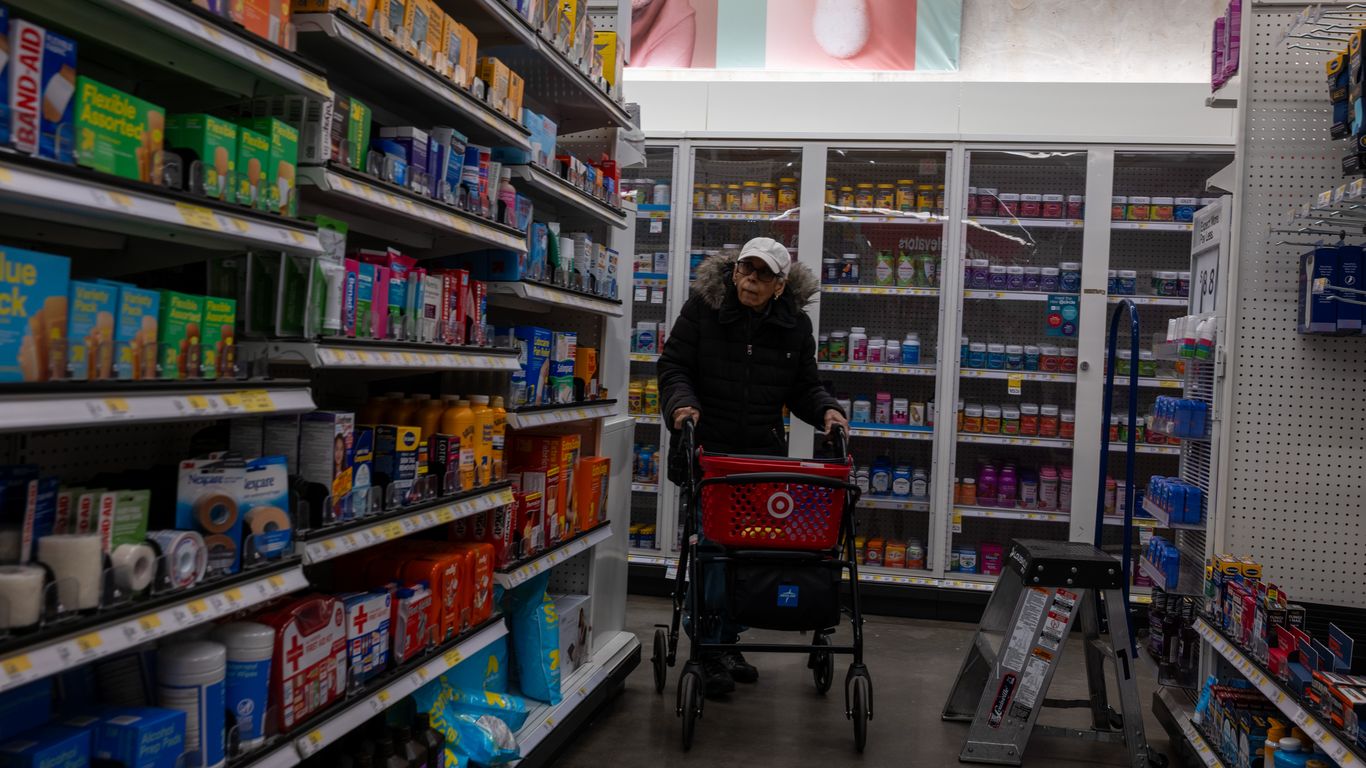
Economic Anxiety: A Nation’s Confidence Crumbles
A shadow of uncertainty hangs heavy over the American economy. Recent data paints a stark picture: consumer confidence, a crucial indicator of economic health, has plummeted for the fourth month in a row. This isn’t just a minor dip; it signifies a significant erosion of faith in the future, fueled by a potent cocktail of inflation fears and recession anxieties.
The numbers themselves are alarming. The sharp decline suggests a widespread unease among consumers, impacting their spending habits and overall outlook. This isn’t just about a few disgruntled individuals; it represents a broad-based shift in sentiment, potentially impacting everything from retail sales to housing markets. The implications are far-reaching and could have severe repercussions on the nation’s economic trajectory.
One of the primary drivers of this anxiety is inflation. Consumers are bracing for a significant price surge, with expectations reaching levels not seen since the 1980s. This isn’t just a theoretical concern; everyday Americans are already feeling the pinch at the grocery store, the gas pump, and in their monthly bills. This palpable experience of rising prices fuels a sense of helplessness and uncertainty about the future, further eroding consumer confidence.
The fear isn’t just about inflation itself; it’s also about its potential consequences. High inflation often leads to higher interest rates as central banks try to cool down the economy. This can make borrowing more expensive, impacting everything from mortgages and auto loans to business investments. The prospect of higher interest rates casts a long shadow, potentially dampening economic growth and further fueling recessionary fears.
The interplay between inflation and recessionary anxieties creates a dangerous feedback loop. As consumers become more pessimistic about the future, they tend to cut back on spending. This reduced demand can lead to slower economic growth, potentially tipping the economy into a recession. Conversely, a recession can exacerbate inflationary pressures, as supply chains struggle to keep up with demand, creating a vicious cycle of economic stagnation and price increases.
Economists warn that these self-fulfilling prophecies are a real danger. If enough consumers believe the economy is headed for a downturn, they will act accordingly, reducing spending and investment. This behavior, in turn, can actually contribute to the very recession they feared. This makes managing the current situation particularly challenging, requiring a delicate balance of policy interventions.
The situation demands careful consideration of policy responses. Simply ignoring the erosion of consumer confidence is not an option. Addressing inflation effectively while simultaneously mitigating the risks of a recession requires a nuanced and potentially difficult approach. Finding the right balance between controlling inflation and stimulating economic growth is a critical challenge facing policymakers. The consequences of inaction could be severe, potentially leading to a prolonged period of economic instability and hardship for millions. The current climate demands decisive and well-considered action to restore confidence and guide the economy towards stability.



Leave a Reply